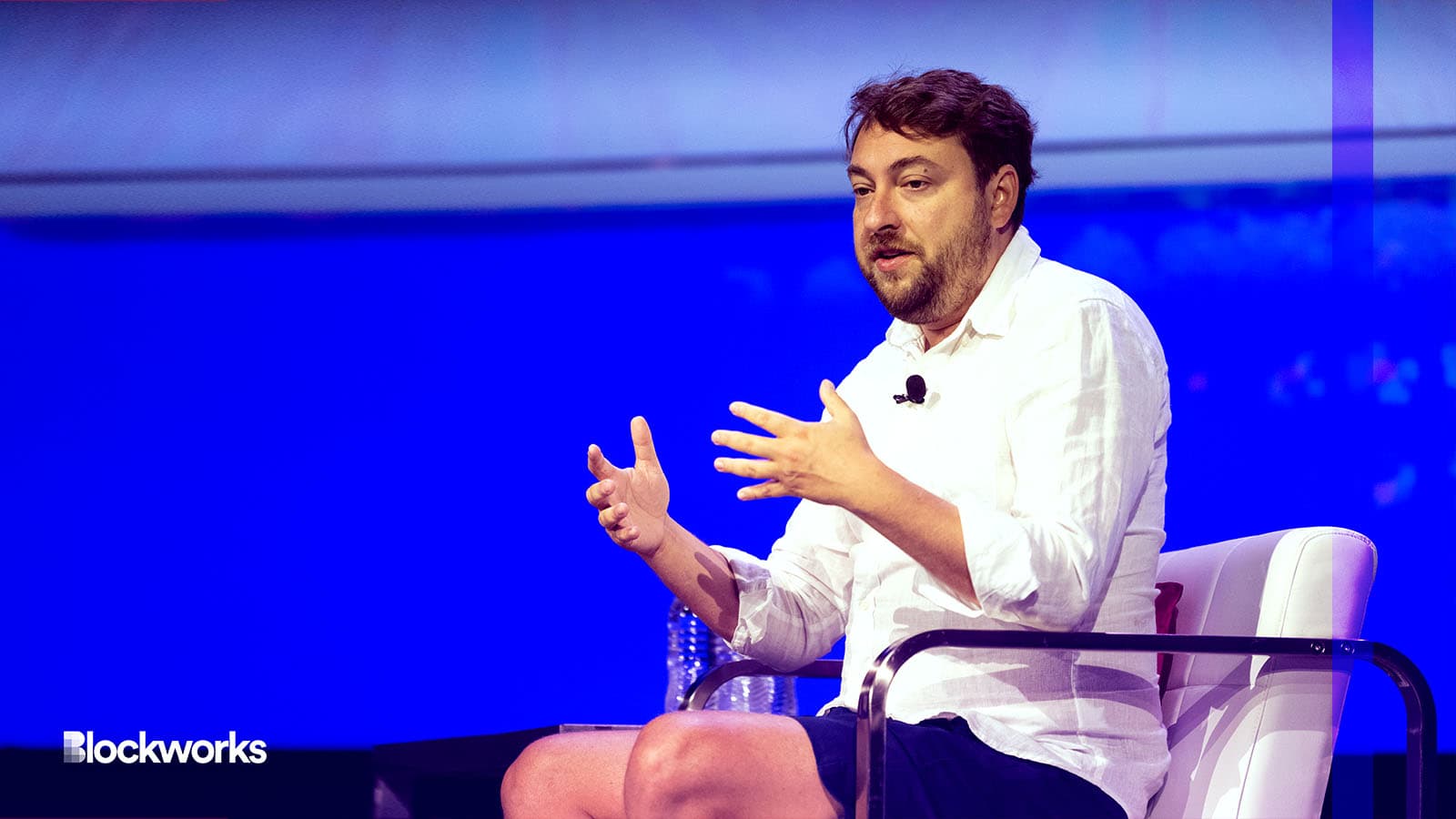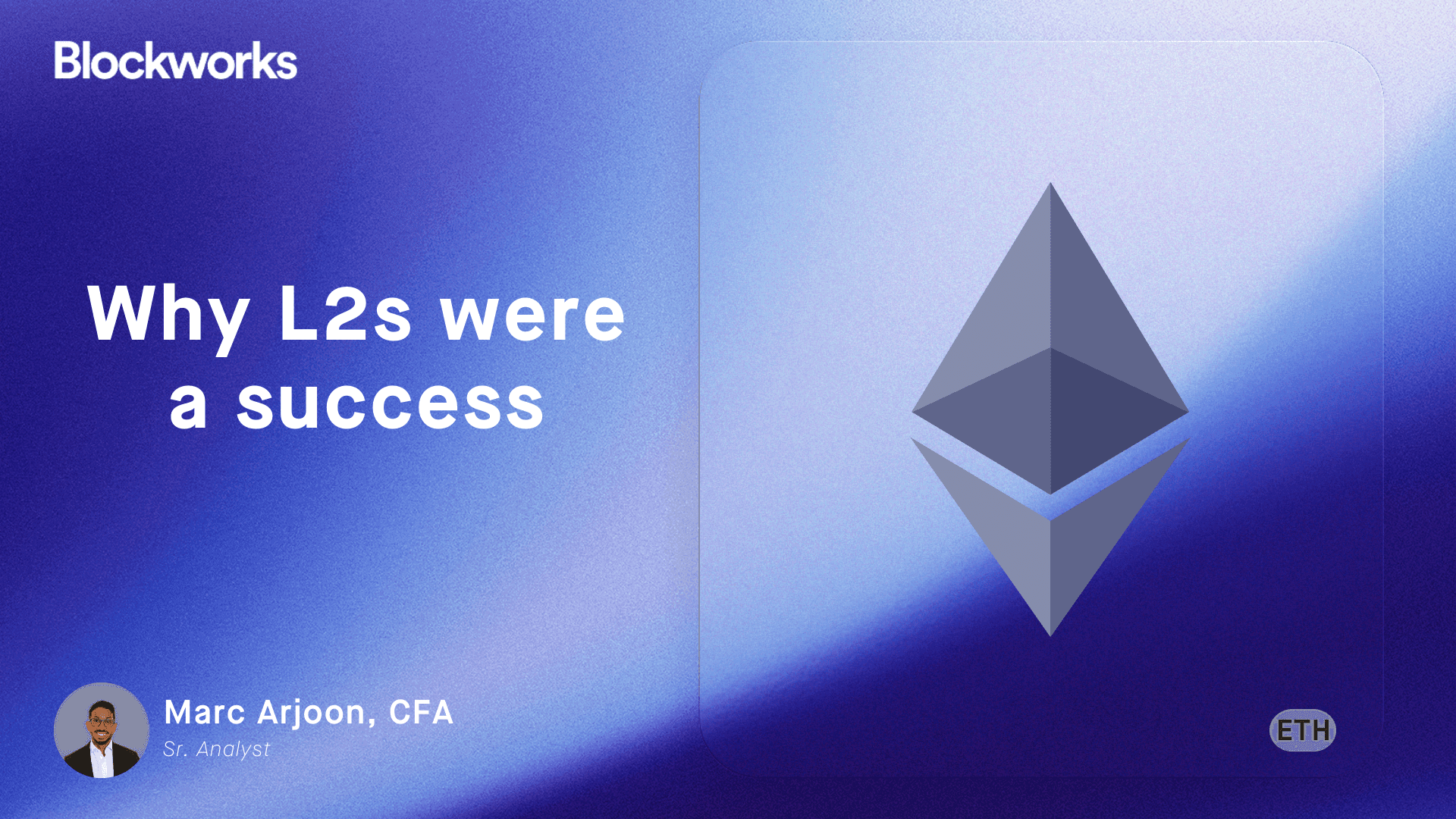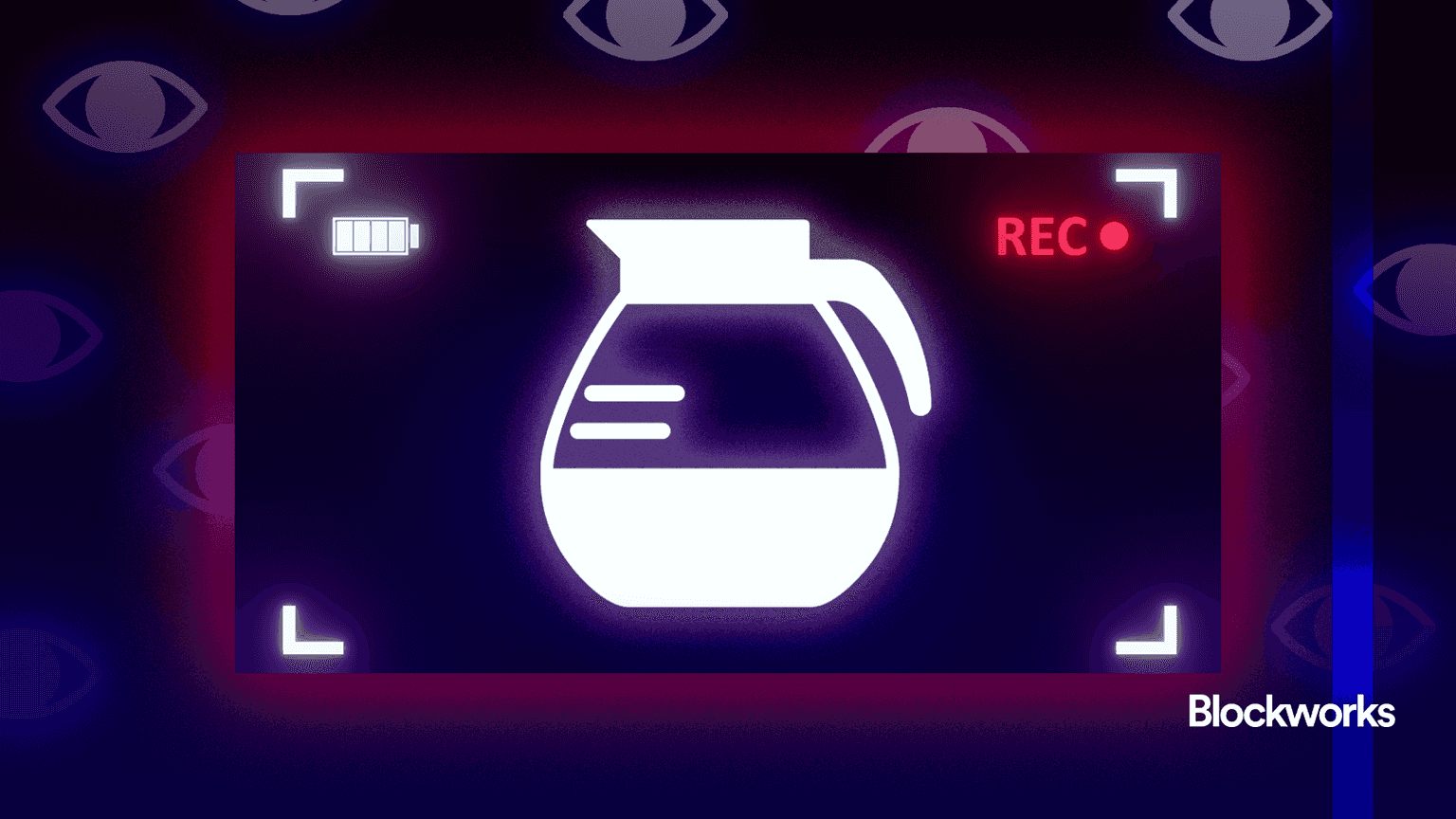Securities lawsuit against Compound founders, investors to proceed
The court found that the plaintiffs had “plausibly alleged” that Compound Labs and its associated entities solicited the public to purchase COMP tokens

Compound founder Robert Leshner at Permissionless II; Source: Blockworks
A federal judge in California denied a motion on Thursday to dismiss a case against key figures in Compound Labs and its associated entities, following allegations they violated financial regulations by selling unregistered securities in the form of COMP governance tokens.
Plaintiffs in the case, initially filed 13 months ago, argue those in control of Compound effectively acted as unregistered “sellers” of securities under their soliciting role.
“They assert one cause of action against a range of defendants for violation of sections 5 and 12(a) of the Securities Act of 1933,” according to a court filing in the US District Court of Northern California on Tuesday.
They’re also unhappy with the price of the tokens, which have since fallen significantly from a peak in May 2021, when it reached more than $850. COMP is currently trading at a little over $38, down more than 95% from its all-time high.
The individual defendants include Compound Labs’ co-founders Robert Leshner and Geoffrey Hayes. Associated entities include Bain Capital Ventures, Polychain Academy, AH Capital Management, Paradigm Operations and Gauntlet Networks.
Collectively, these entities allegedly control a significant portion of the COMP token voting power, per the filing. It’s alleged fewer than ten people control over 50% of COMP tokens and, therefore, have significant influence over the protocol’s governance.
Blockworks reached out to Leshner and Compound representatives but has yet to receive a response.
Compound was initially created by Hayes and Leshner in 2017 with its Mainnet launching a year later. The protocol allows users to lend and borrow crypto, relying on smart contracts to handle operations.
Each COMP token holder can suggest and vote on modifications to the protocol, including the way its reserves and treasury are managed. A single COMP token equates to one vote, purportedly allowing for democratic decision-making.
If a token holder chooses not to participate in voting personally, they can assign their voting rights to another holder wanting to be actively involved.
The court found that the plaintiffs had “plausibly alleged” that each defendant solicited the public to purchase COMP tokens, thereby denying the motion to dismiss the case. A case management conference is scheduled for Oct. 10.
Get the news in your inbox. Explore Blockworks newsletters:
- The Breakdown: Decoding crypto and the markets. Daily.
- 0xResearch: Alpha in your inbox. Think like an analyst.






